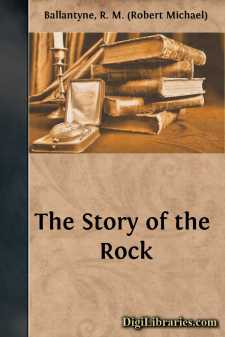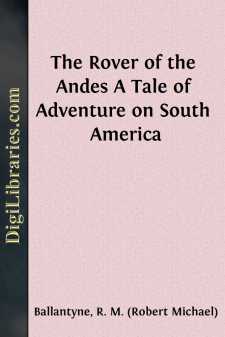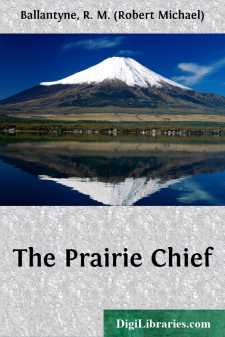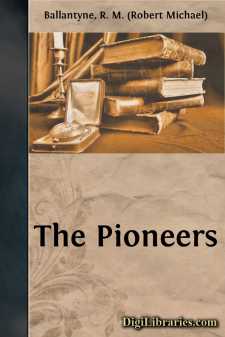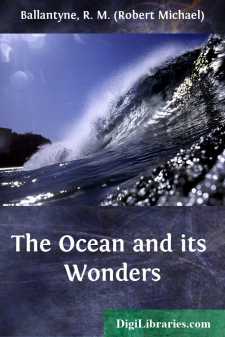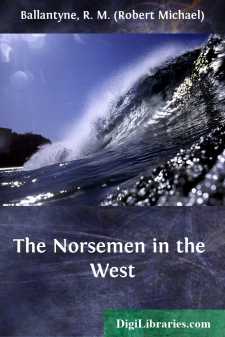Categories
- Antiques & Collectibles 13
- Architecture 36
- Art 48
- Bibles 22
- Biography & Autobiography 813
- Body, Mind & Spirit 142
- Business & Economics 28
- Children's Books 15
- Children's Fiction 12
- Computers 4
- Cooking 94
- Crafts & Hobbies 4
- Drama 346
- Education 46
- Family & Relationships 57
- Fiction 11829
- Games 19
- Gardening 17
- Health & Fitness 34
- History 1377
- House & Home 1
- Humor 147
- Juvenile Fiction 1873
- Juvenile Nonfiction 202
- Language Arts & Disciplines 88
- Law 16
- Literary Collections 686
- Literary Criticism 179
- Mathematics 13
- Medical 41
- Music 40
- Nature 179
- Non-Classifiable 1768
- Performing Arts 7
- Periodicals 1453
- Philosophy 64
- Photography 2
- Poetry 896
- Political Science 203
- Psychology 42
- Reference 154
- Religion 513
- Science 126
- Self-Help 84
- Social Science 81
- Sports & Recreation 34
- Study Aids 3
- Technology & Engineering 59
- Transportation 23
- Travel 463
- True Crime 29
Sort by:
Wreck of Winstanley’s Lighthouse. “At mischief again, of course: always at it.” Mrs Potter said this angrily, and with much emphasis, as she seized her son by the arm and dragged him out of a pool of dirty water, into which he had tumbled. “Always at mischief of one sort or another, he is,” continued Mrs Potter, with increasing wrath, “morning, noon, and night—he is; tumblin’ about...
more...
The Wild Karroo. A solitary horseman—a youth in early manhood—riding at a snail’s pace over the great plains, or karroo, of South Africa. His chin on his breast; his hands in the pockets of an old shooting-coat; his legs in ragged trousers, and his feet in worn-out boots. Regardless of stirrups, the last are dangling. The reins hang on the neck of his steed, whose head may be said to dangle from...
more...
At the Foot of the Mountain Range. Towards the close of a bright and warm day, between fifty and sixty years ago, a solitary man might have been seen, mounted on a mule, wending his way slowly up the western slopes of the Andes. Although decidedly inelegant and unhandsome, this specimen of the human family was by no means uninteresting. He was so large, and his legs were so long, that the contrast...
more...
Opens the Ball. If ever there was a man who possessed a gem in the form of a daughter of nineteen, that man was Samuel Ravenshaw; and if ever there was a girl who owned a bluff, jovial, fiery, hot-tempered, irascible old father, that girl was Elsie Ravenshaw. Although a gem, Elsie was exceedingly imperfect. Had she been the reverse she would not have been worth writing about. Old Ravenshaw, as his...
more...
The Tale Begins with the Engaging of a “Tail”—and the Captain Delivers his Opinions on Various Subjects. Captain Dunning stood with his back to the fireplace in the back-parlour of a temperance coffee-house in a certain town on the eastern seaboard of America. The name of that town is unimportant, and, for reasons with which the reader has nothing to do, we do not mean to disclose it. Captain...
more...
The Alarm. Whitewing was a Red Indian of the North American prairies. Though not a chief of the highest standing, he was a very great man in the estimation of his tribe, for, besides being possessed of qualities which are highly esteemed among all savages—such as courage, strength, agility, and the like—he was a deep thinker, and held speculative views in regard to the Great Manitou (God), as well...
more...
Opens the Tale. Some time within the first quarter of the present nineteenth century, a little old lady—some people would even have called her a dear little old lady—sat one afternoon in a high-backed chair beside a cottage window, from which might be had a magnificent view of Sicilian rocks, with the Mediterranean beyond. This little old lady was so pleasant in all respects that an adequate...
more...
Preface. Sir Alexander Mackenzie was one of the most energetic and successful of the discoverers who have traversed the vast wilderness of British America. He did his work single-handed, with slender means, and slight encouragement, at a time when discovery was rare and the country almost terra incognita. The long and difficult route, so recently traversed by the Red River Expedition, was, to Sir...
more...
What the Ocean has to Say—Its Whispers—Its Thunders—Its Secrets. There is a voice in the waters of the great sea. It calls to man continually. Sometimes it thunders in the tempest, when the waves leap high and strong and the wild winds shriek and roar, as if to force our attention. Sometimes it whispers in the calm, and comes rippling on the shingly beach in a still, small voice, as if to solicit...
more...
The Norsemen in the West; Or America before Columbus. The Curtain Rises and the Play Begins. One fine autumn evening, between eight and nine hundred years ago, two large hairy creatures, bearing some resemblance to polar bears, might have been seen creeping slowly, and with much caution, toward the summit of a ridge that formed a spur to one of the ice-clad mountains of Greenland. The creatures went on...
more...


